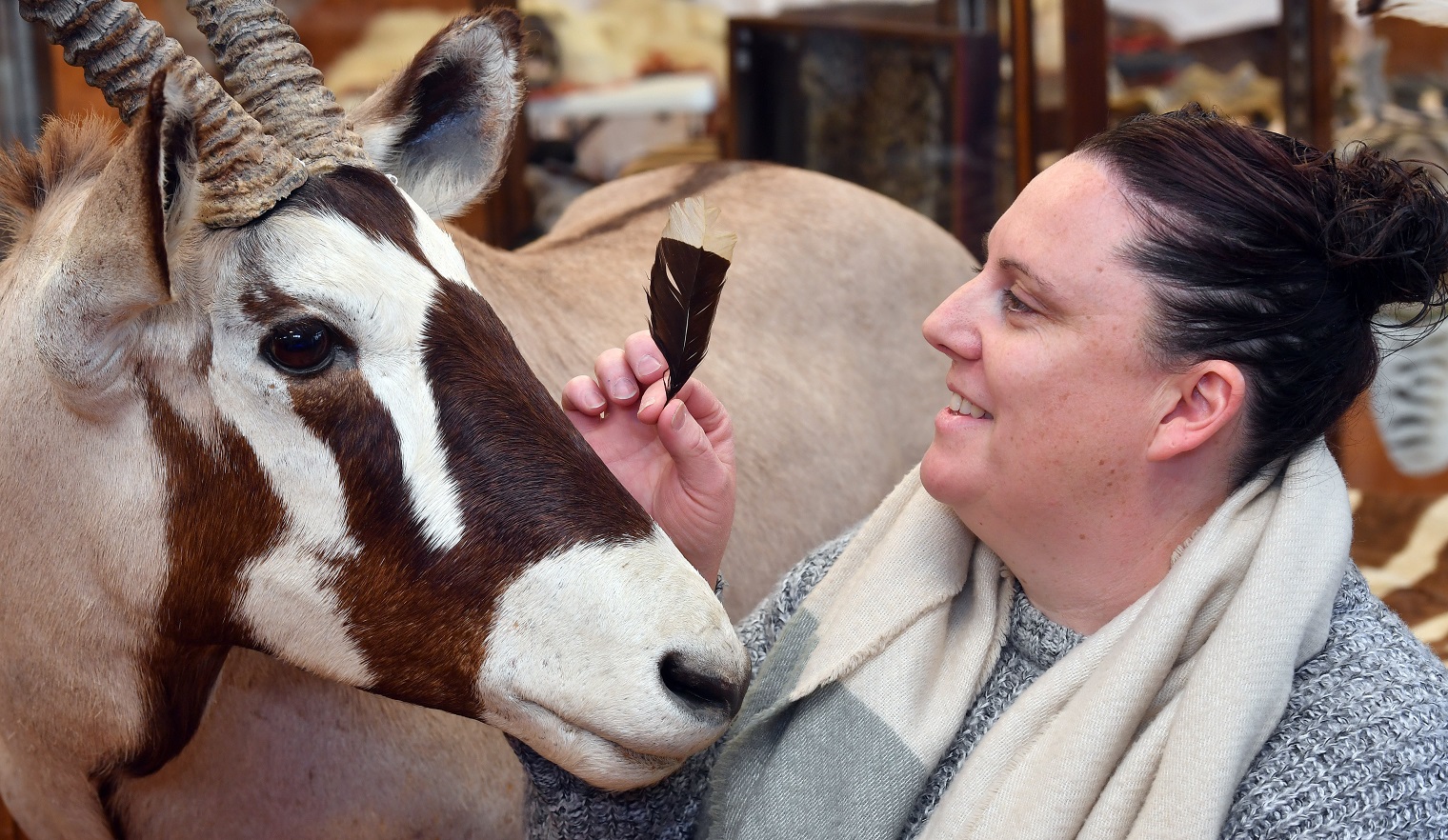But to those in the know, a huia feather up for grabs at Proctor’s upcoming taxidermy auction is a heavy hitter which could fetch more than $40,000.
Proctor Auctions owner Ronny Proctor said he expected the feather to attract the top bids at the June 16 auction because it was from a now extinct bird, they rarely came up at auctions, and this particular huia feather once belonged to former prime minister Sir William Hall-Jones.
It was presented to him in 1906, but it was not known who presented it to him.
Mr Proctor said the feather was part of Sir William’s private collection and was being sold with an envelope containing details of its provenance, on behalf of a private vendor.
Another huia feather was recently sold at a North Island auction for more than $46,000.
"This feather could attract a similar price.
"The sky is the limit for a feather like this.
"It’s a great talking piece — it’s historical, having been gifted to a former prime minister.
"It’s something that’s a little bit different."
He said he had never come across such a small item that had potential to bring in such high bids.

"It will be a record-breaker for us if it reaches that price."
Mr Proctor said the feather was one of 240 lots, which included a collection of African and North American animals from former big game hunter and South Canterbury collector Gary Joll.
Auction items included floor rugs made out of cougar, leopard, lion, black bear, grizzly bear, polar bear, zebra and giraffe; head-mounted boks, buffalo, deer and other plains grazers; monkeys; an alligator and even an elephant foot fashioned into a stool.
"The place looks like a veritable zoo at the moment.
"We’ve got the school across the road [George Street Normal School] and we’ve invited them to come over and have a look at all these animals that we’re not likely to see here again."
Despite the country being in an economic downturn at the moment, Mr Proctor believed bidding would still be strong.
However, people may not bid as high on lots as they had in the past.
"I think they will just be more picky about what they buy.
"They’re not just going out and buying willy nilly — they’re investing in things like polar bear rugs and stuff like that.
"I see it as an investment because you’re not going to be able to go out and get more of those in the future."












